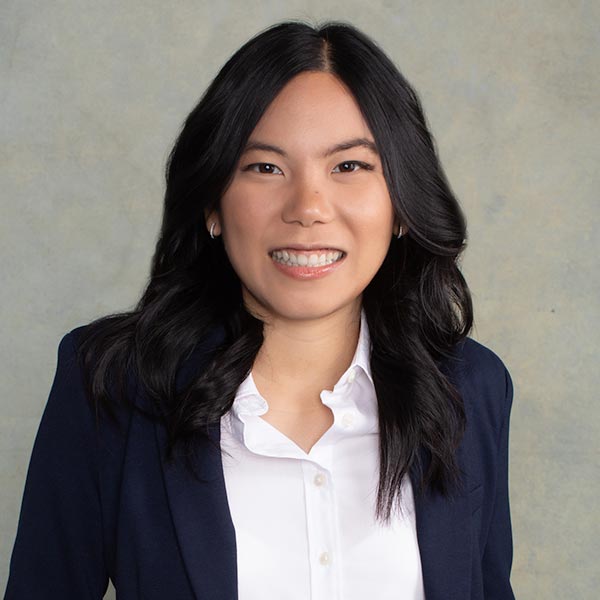Our current state-of-the-art meshing procedures are unquestionably far from ideal. Human intervention and expert knowledge are almost always required, and even if this is acceptable by our current standard, it often causes robustness issues, jeopardizes accuracy of the simulations, and is simply inadequate for high-performance computing (HPC). Adaptive techniques and optimization procedures are actively being developed in order to alleviate these problems, but the search for optimal meshes is not near its end.
In this seminar, Dr. Sanjaya will give an overview of warped-element refinement method (q-adaptation) as well as solution-based and metric-based mesh optimization procedures for high-order meshes.

These algorithms are designed to iteratively find the optimal locations of elements’ vertices within the computational domain and adjust the locations of high-order geometry nodes within each mesh element accordingly without human intervention. The ultimate goal is to build an automated, high-order meshing suite for maximizing the accuracy and robustness of computational fluid dynamics (CFD) simulations while efficiently using the HPC systems to reduce human workload.
Dr. Devina Sanjaya is an Assistant Professor in the Department of Mechanical, Aerospace, and Biomedical Engineering (MABE) at the University of Tennessee, Knoxville (UTK). Her research interests are in the area of computational fluid dynamics (CFD), scientific computing, and numerical analysis with applications to aerospace engineering. In recent years, she focuses on developing algorithms for high-order mesh adaptation and optimization in a high-order, finite-element framework. Prior to joining the faculty members at UTK in Fall 2019, she received her Ph.D. in Aerospace Engineering and Scientific Computing from the University of Michigan, Ann Arbor in 2019, her M.S. in Aeronautics and Astronautics from Stanford University in 2014, and her B.S. in Aerospace Engineering with a Mathematics Minor from the University of Michigan, Ann Arbor in 2011. She is the recipient of the MABE Advocacy for Diversity and Inclusion Award (2021), the François-Xavier Bagnoud Fellowship (2016-2019), the International Amelia Earhart Fellowship (2016-2017), and the best (1st place) AIAA Student Paper Award in CFD (2015).